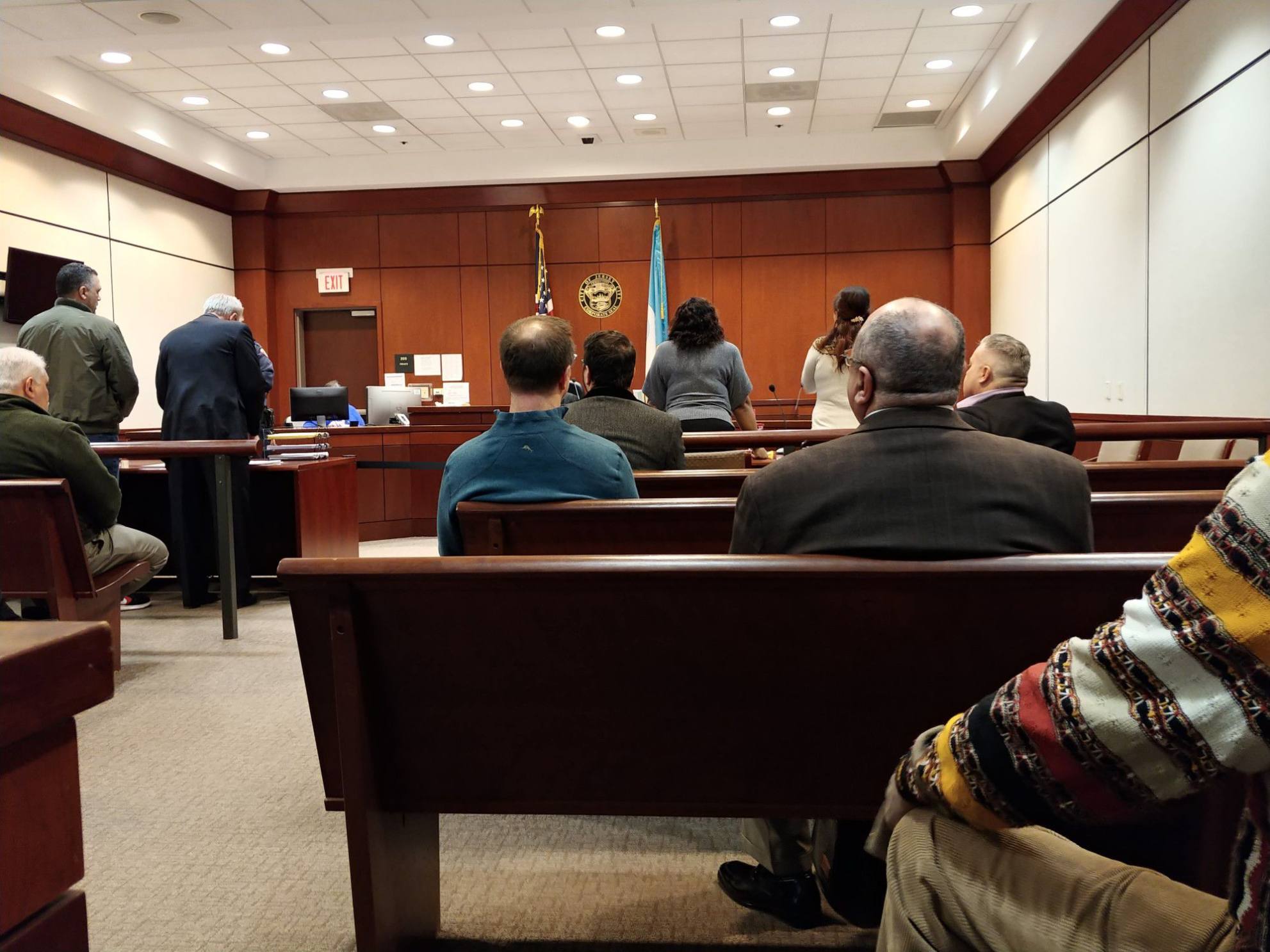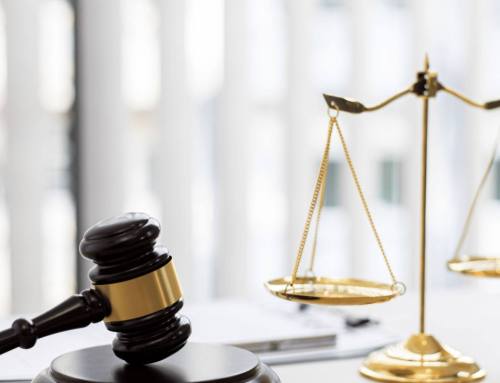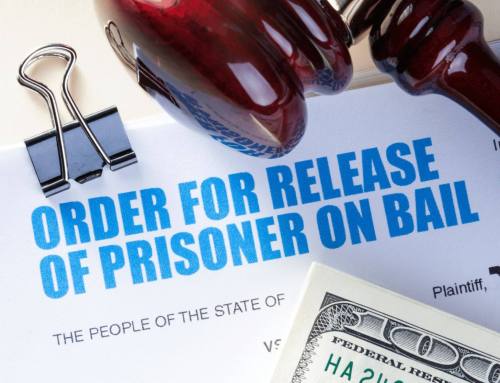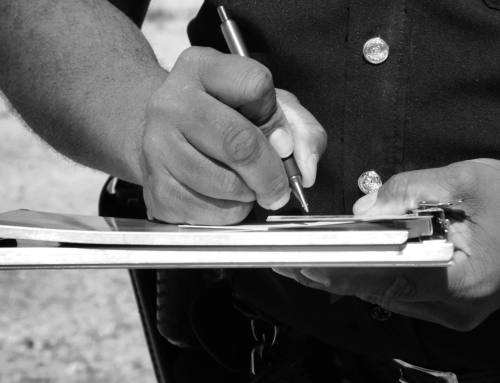The Essential Purpose of Bail
Did you know that bail was created back in England several hundred years ago?
Back then, its central purpose, as it is today, is to ensure that defendants abide by the conditions of their release, which include showing up for their court appointments and not committing other crimes, among other things.
Bail is arguably the most effective tool that the legal system has to incentivize defendants to show up for court, which is important since, if a person does skip out on court, the legal system is required to track them down—a costly and time-consuming endeavor.
When a person skips bail, their bail money gets confiscated, which as you can imagine, is enough to convince most people to tread carefully.
Bail amounts are not cheap and can range anywhere from a couple of thousand dollars to well over $10k. In fact, in some cases, bail amounts can run even higher.
Innocent Until Proven Guilty
While bail certainly benefits the legal system, it does have a downside.
If someone doesn’t have the financial ability to pay their bail amount, this can lead them to sit in jail until their trial concludes—a process that can take days, weeks, months, or in extreme cases, even years.
Such cases, many law experts argue, undermine the concept of innocent until proven guilty, or at the very least, make it a highly fuzzy issue.
The core argument is that innocent until proven guilty doesn’t mean anything if a person can be held without bail. The problem is, though, that the courts need a way to make sure the legal system can function.
It could be argued that without some enforcement mechanism, the cost of tracking down bail jumpers would be enormous, and the entire apparatus could fall apart.
This push and pull between citizens’ rights and the need for the legal system to have an incentivizing mechanism is the subject of ongoing debate.
We explore this issue a bit more at the end of this article in the Bail Reform section.
We would just like to quickly point out here that the legal system’s job isn’t to imprison people for the sake of it but to protect society from people who want to go out and cause harm.
The Good News About Las Vegas Bail
We’d also like to add that many Las Vegas bail bond companies offer express bail bonds with flexible and affordable payment plans designed to mitigate the cost of bail.
Learn More About Vegas Bail Bonds
For more information about our Vegas bail bonds, you can call us at (702) 333-2663.
We can help you get back to your family, your job, and your normal routine while your trial continues.
Advantages of Bail
The first and most important advantage of posting bail is that it allows you to get out of jail quickly and back to your daily routine.
We believe this is very important and that defendants should stay with their families, keep their jobs, and just otherwise continue going about their business.
The second big advantage of bail bonds is that getting out of jail gives you time to find the right defense attorney.
Although we understand the need to find legal counsel quickly, especially if you’re stuck in jail and don’t know what to do, it’s preferable, if at all possible, to take your time.
Good attorneys are important, and taking the time to find the right one will benefit you in several ways.
The third advantage of bail is that it allows you to take care of important things like arranging for childcare and settling your financial responsibilities.
What If A Person Can’t Afford To Pay Bail?
If you can’t afford to pay bail, then it’s a very good idea to contact a bail bond company that offers flexible defendant bail bond payment plans.
This will keep you from having to pay a bunch of money for your bail upfront.
For those unfamiliar with how bail works in Nevada, you basically have two ways of paying for it.
You can either (1) pay the full amount yourself via cash or card or (2) pay a 15% non-refundable premium to a bail bondsman who will post bond on your behalf.
Since bail amounts are expensive, getting a bail bond might be very beneficial for you.
It’s much easier to pay $1,500, for instance, for a bail bond premium than $10k for your total bail amount. But $1,500 can still be costly.
To help you pay your bail bond premium, whatever it may be, many bail bond companies offer you flexible payment plans designed to fit your budget.
There are cases, though, in which paying a bail bond premium even with a payment plan is too much to handle.
A single mother living on a low wage, for example, might not be able to add another monthly payment to her existing bills.
To get around this problem, many bail bond companies offer clients the option to pay with collateral, which can come in the form of a vehicle, jewelry, items of value, or even a house.
What Happens When Bail Is Denied?
When someone is denied bail, it means that they are no longer allowed to get out of jail the quick and easy way and instead have to wait until their trial concludes.
Since trials can last for days, weeks, months, or in extreme cases, even years, you can see how problematic this can be.
The good news is that bail denials are somewhat rare. Courts genuinely have no reason to keep people in jail for unnecessarily long periods of time.
The point of bail is to ensure that people won’t disappear in the middle of their trials, not to keep people in jail for no reason. Jailing people for long periods of time without cause acts counter to the interests of local governments.
Remember that jails cost the government money and are a burden to the taxpayer, so there is an incentive on the part of local governments to keep their jail populations low.
Sometimes, though, for the sake of public safety, bail denials are necessary.
Bail is most often denied for egregious crimes, such as capital murder, but can also be denied if someone has committed the same crime multiple times, poses a serious flight risk, or has mental health issues that put others in harm’s way.
Note: Committing a serious crime is not an automatic guarantee that bail will be denied. Before a court denies a person bail, multiple considerations are taken into account, such as the reason for the crime (e.g., a crime of passion as opposed to a coldly calculated one) and how much evidence there is that a crime was committed.
In What Cases Can Bail Be Granted?
Besides the situations mentioned above (and a few other kinds), bail can be granted for all misdemeanor and felony cases. In other words, getting a county bail bond (a bond in your area) is usually fairly easy.
Conditions of Bail
When a person gets released on bail, they are required to follow certain conditions.
These include:
- Giving up your weapons to law enforcement
- Abiding by travel restrictions
- Checking in with a police officer in person or through phone, text, or email.
- Undergoing 24/7 digital monitoring
- Remaining under house arrest
Is Bail Constitutional?
Yes, it is.
Bail is accounted for in the Eighth Amendment to the U.S. Constitution, which states that “excessive bail shall not be required.”
Further Reading: The Origins of Bail
Believe it or not, bail has been around in some form or another for thousands of years. While it certainly worked a lot differently back then, the Romans were arguably the first to popularize its basic use, albeit in a very different form.
Other ancient cultures were also familiar with bail bonds or something approximating them. In Genesis, Chapter 43, for example, Joseph offers security to the courts to ensure the release of his brothers.
While there are occasional mentions of bail bonds throughout ancient literature, the earliest concrete examples of bail bonds as we know them today date back to 13th century England.
In those days, sheriffs were given the authority to detain or release people as they pleased.
This led to a situation in which sheriffs would take payments in exchange for letting someone go free—certainly an issue that needed oversight.
The “catch and release” trend was so common that it was eventually turned into a formal system in the late 1200s.
From this point forward, bail remained relatively static in England until the 17th century, during which it was standardized.
No longer would sheriffs and other members of law enforcement be able to set bail amounts as they pleased. Instead, bail would be set by magistrates.
It was during this century that England actually created a law to protect citizens from excessive bail, which would shape the future of bail law as we know it today in the United States.
Given the influence of England on the early British American Colonies, the concept of standardized bail amounts was adopted by the United States from its inception and has continued forward to the present day.
Interestingly enough, the last significant bail reform in the United States took place in the 1980s, as lawmakers believed that courts needed to show greater discretion to who they would provide bail for. In other words, the criteria for providing bail became a lot stricter.
This was a logical shift, as it meant that US courts were less likely to provide bail to those with a history of bail jumping, or even worse, releasing repeat offenders or violent criminals back out into the wild.
Bail Reform
There are strong arguments for and against the use of bail, with plenty of law experts on both sides of the debate.
The main discussions surrounding the use of bail today are:
(1) They favor the rich who can simply buy their way out of jail. (2) They put a heavy burden on low-income families who can’t afford to pay bail. And (3) they leave people who can’t afford to pay bail stuck in jail for days, weeks, or months on end without ever being convicted.
This last issue is particularly egregious and has led to people who are innocent (innocent until proven guilty is a fact, not a concept) to losing friends, family members, jobs, homes, and more.
The reform needed to fix this problem has been slow, despite efforts on the part of lawmakers in multiple states. Much of the work has focused on lowering bail amounts to make them more affordable to the average person or eliminate them altogether.
There have also been proposals to create alternatives to bail, which include regular check-ins with police, therapy programs, rehab, and various kinds of community oversight.






